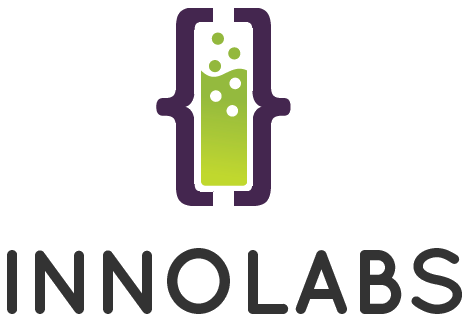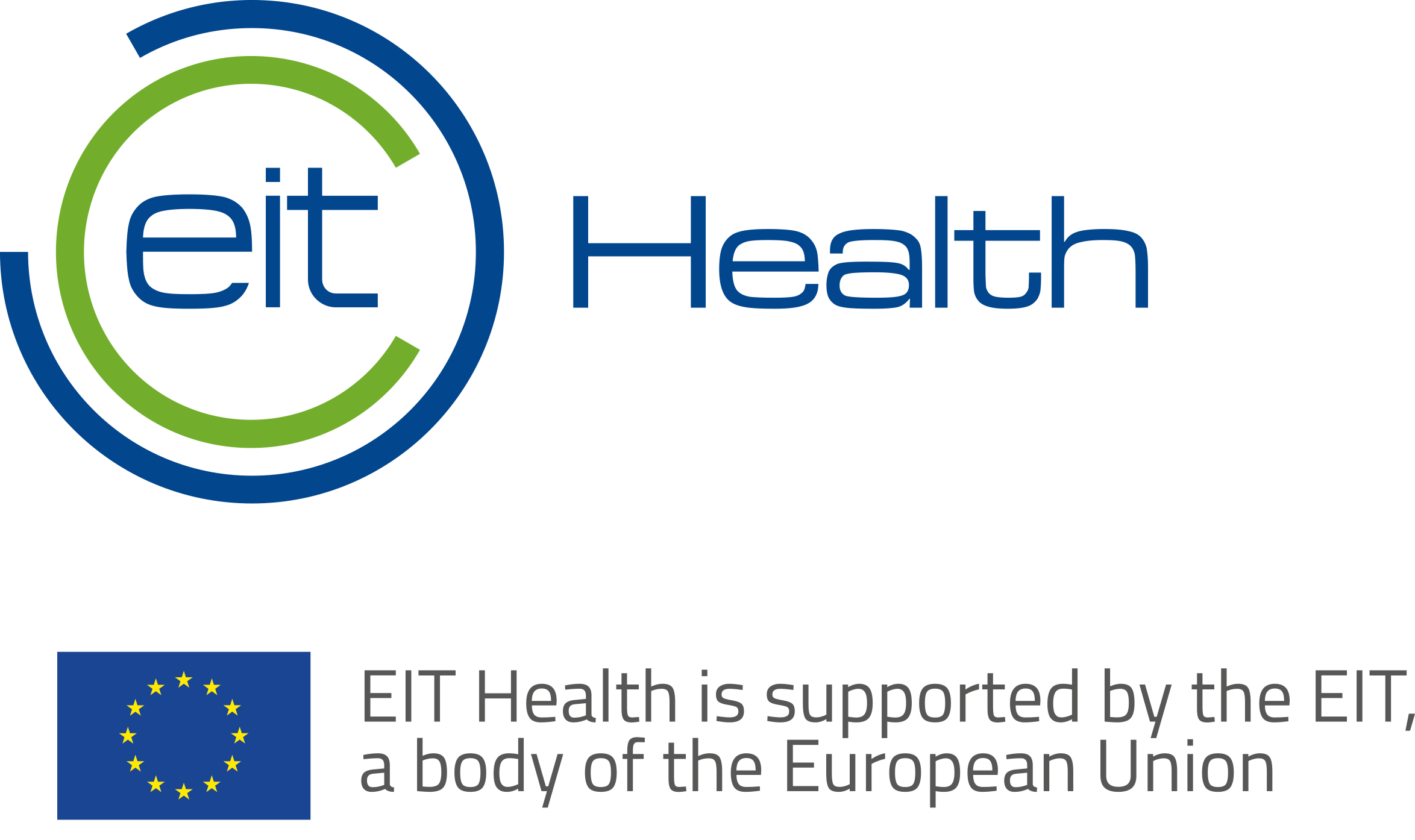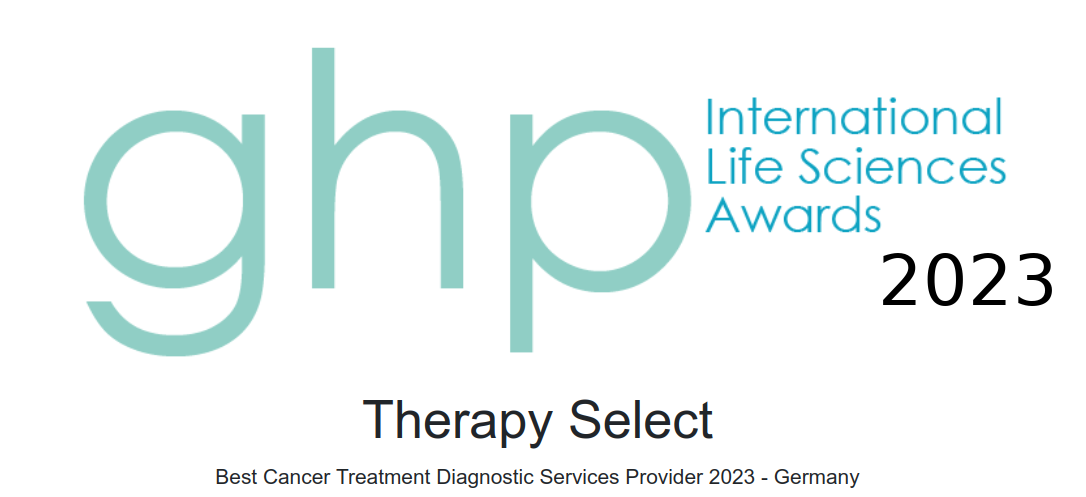Find Effective Drugs before Starting the Therapy!
No two cancer therapies are the same!
There is a wide range of different drugs which can be applied in treatment of small-cell lung cancer. Which medication should be prescribed depends on different factors, e.g. the cancer stage and the general condition of the patient. In order to choose the right therapy there are medical guidelines for physicians. However, in some situations the guidelines do not give clear recommendations and propose equivalent treatment options.
Diagnostic assays can help to identify effective and ineffective drugs before the start of a therapy. The available spectrum of therapeutics can thereby be limited on the most promising substances. Our diagnostics contribute avoidance of unnecessary side effects as a consequence of an ineffective therapy and save valuable treatment time. Therefore we offer the following diagnostic tests
- CTR-Test® - An efficacy test working on living tumor cells
- PCDx™ - A tumor-biomarker-analysis working on non-living, conserved tumor cells
- Guardant360® - A tumor-biomarker-analysis working with blood
Guidelines for the Treatment of Small-Cell Lung Cancer
Hereafter you can find an overview about guideline-recommendations, which are elaborated by medical specialist associations:
There are two different types of lung cancer to be distinguished: the small-cell lung cancer (SCLC) and the non-small-cell lung cancer (NSCLC).
Small-cell lung cancer is classified into four stages. For the first three stages the therapy is a curative one, which aims for a complete cure. In the fourth stage the therapy concentrates on an improvement of quality of life. Therapy options vary according to the cancer stage.
| Stage I-II (curative) | cisplatin + etoposide | |
| Stage III (curative) | cisplatin + etoposide | |
| Stage IV (palliative) | cisplatin + etoposide | |
| carboplatin + etoposide | ||
| in presence of contraindications against etoposide | cisplatin + irinotecan | |
| carboplatin + irinotecan | ||
| 1. recurrence | doxorubicin + cyclophosphamide + vincristine | |
| topotecan | ||
| 2. recurrence | carboplatin + paclitaxel | |
| paclitaxel | ||
| therapy containing irinotecan | ||
| poor health condition | monochemotherapy (various substances) |
This table is based on the "Leitlinie Lungenkarzinom, kleinzellig (SCLC)", issued by the German Society for Haematology and Medical Oncology (Deutsche Gesellschaft für Hämatologie und Medizinische Onkologie e.V., DGHO), published on onkopedia.de [3].
Efficacy Tests of Drugs for Small-Cell Lung Cancer
Which drugs can be tested in their efficacy by our diagnostic tests? The following tables give you information on the substances recommended by the guidelines, but also about further drugs which can be found as additional treatment options in literature.
In addition the frequently used combination therapies are listed below.
The testabilities for the CTR-Test® and the PCDx™ are also given.
Chemotherapeutics
| Substance name | Efficacy testable by living tumor & blood (living cells) | Efficacy testable by archived tumor (FFPE) | Efficacy testable by blood (plasma) | Reference |
|---|---|---|---|---|
| carboplatin | yes | yes | yes | [1], [2] |
| cisplatin | yes | yes | yes | [1], [2] |
| cyclophosphamide | yes | no biomarkers yet | not yet | [1], [2] |
| doxorubicin | yes | yes | not yet | [1] |
| epirubicin | yes | yes | not yet | [2] |
| etoposide | yes | no biomarkers yet | not yet | [1], [2] |
| irinotecan | yes | yes | not yet | [1] |
| lomustine | no validation yet | no biomarkers yet | not yet | [2] |
| methotrexate | no | not yet | not yet | [2] |
| paclitaxel | yes | yes | not yet | [1] |
| topotecan | yes | yes | not yet | [1], [2] |
| vincristine | yes | yes | not yet | [1], [2] |
Frequently Used Combination Therapies
| Substance name | Reference |
|---|---|
| carboplatin + etoposide | [1], [2] |
| carboplatin + irinotecan | [1] |
| carboplatin + paclitaxel | [1] |
| cisplatin + etoposide | [1], [2] |
| cisplatin + irinotecan | [1] |
| cyclophosphamide + epirubicin + vincristine | [2] |
| cyclophosphamide + doxorubicin + vincristine | [1] |
| lomustine + methotrexate | [2] |
The drugs listed here were identified as potential therapy options after an accurate literature research. Completeness cannot be guaranteed. Status: September 2016.
Sources
[1] Leitlinie Lungenkarzinom, kleinzellig (SCLC) der DGHO (Onkopedia) – Stand November 2012



